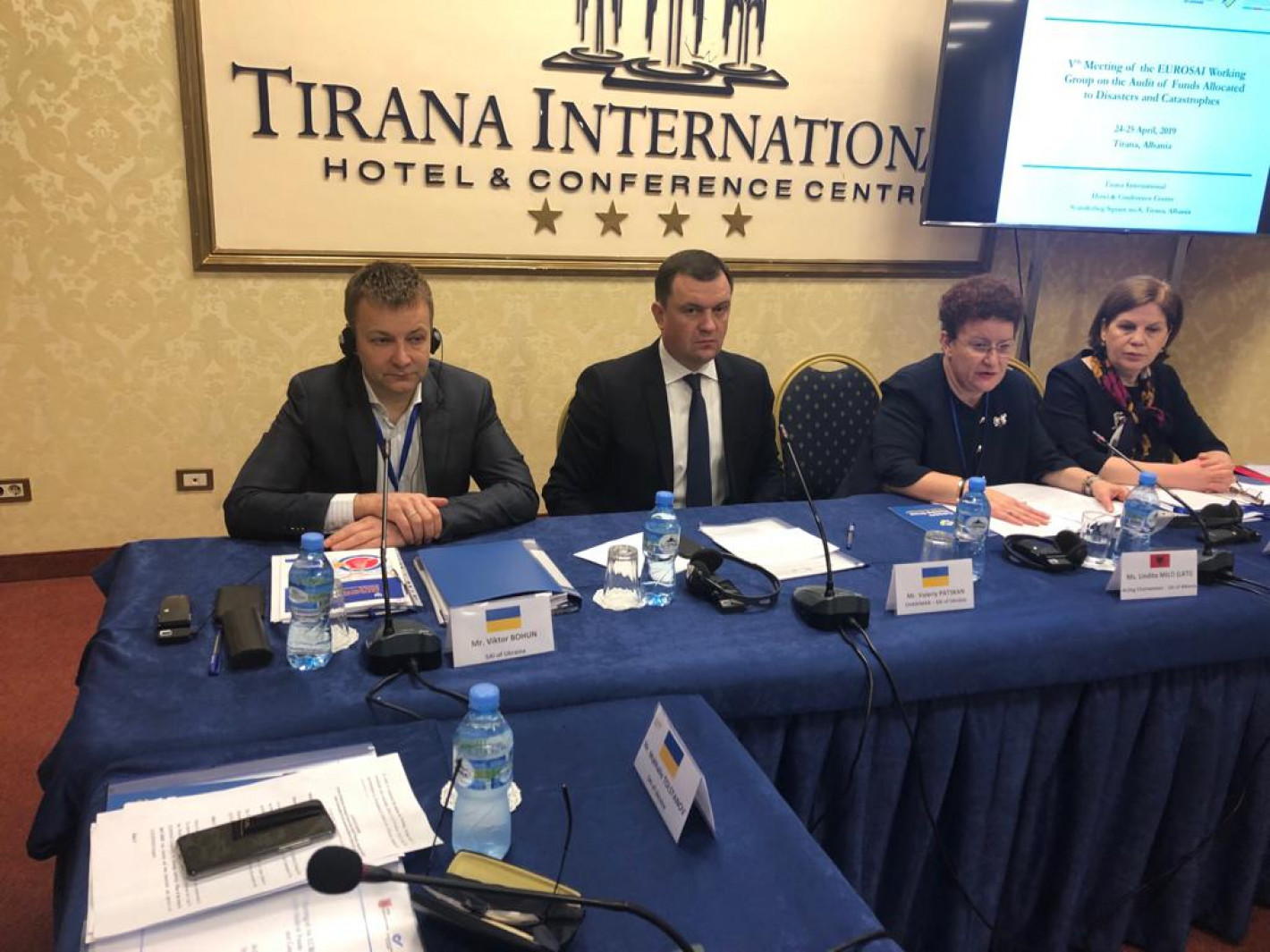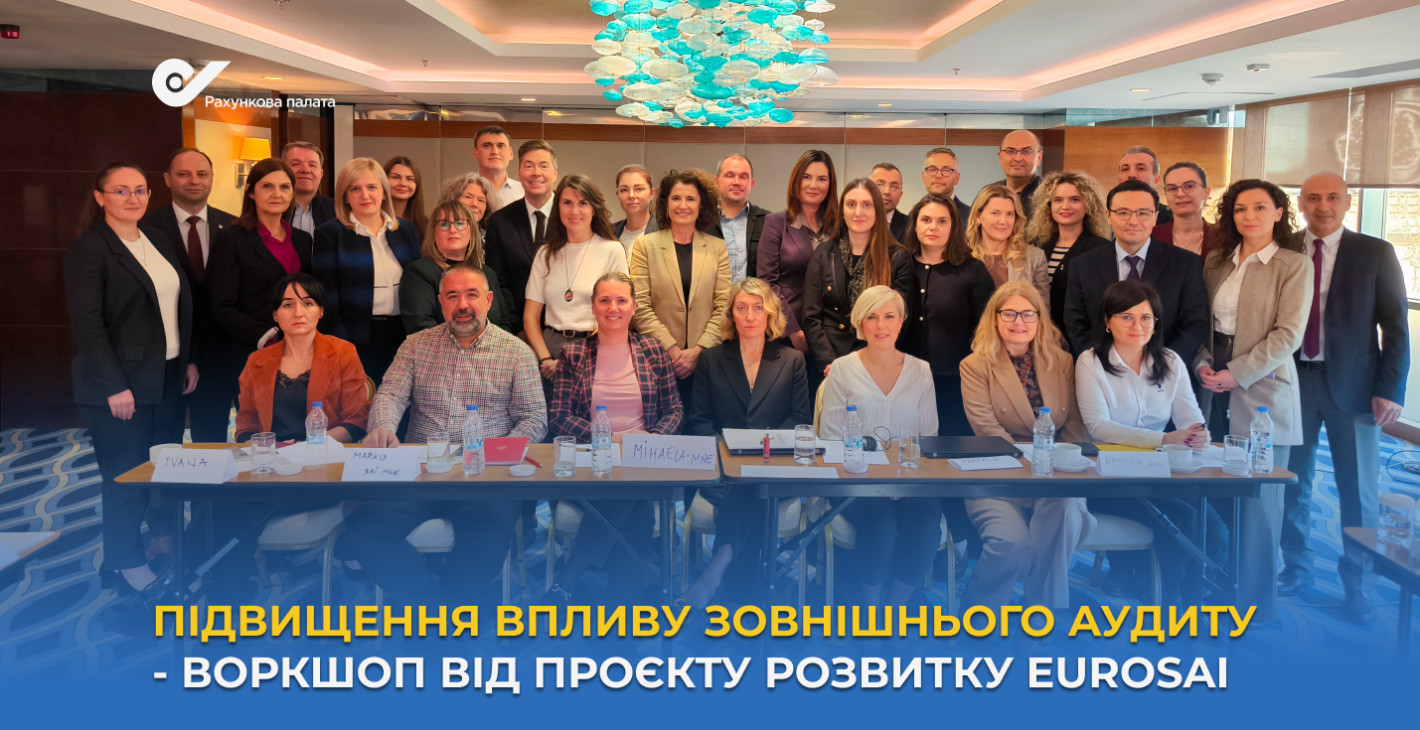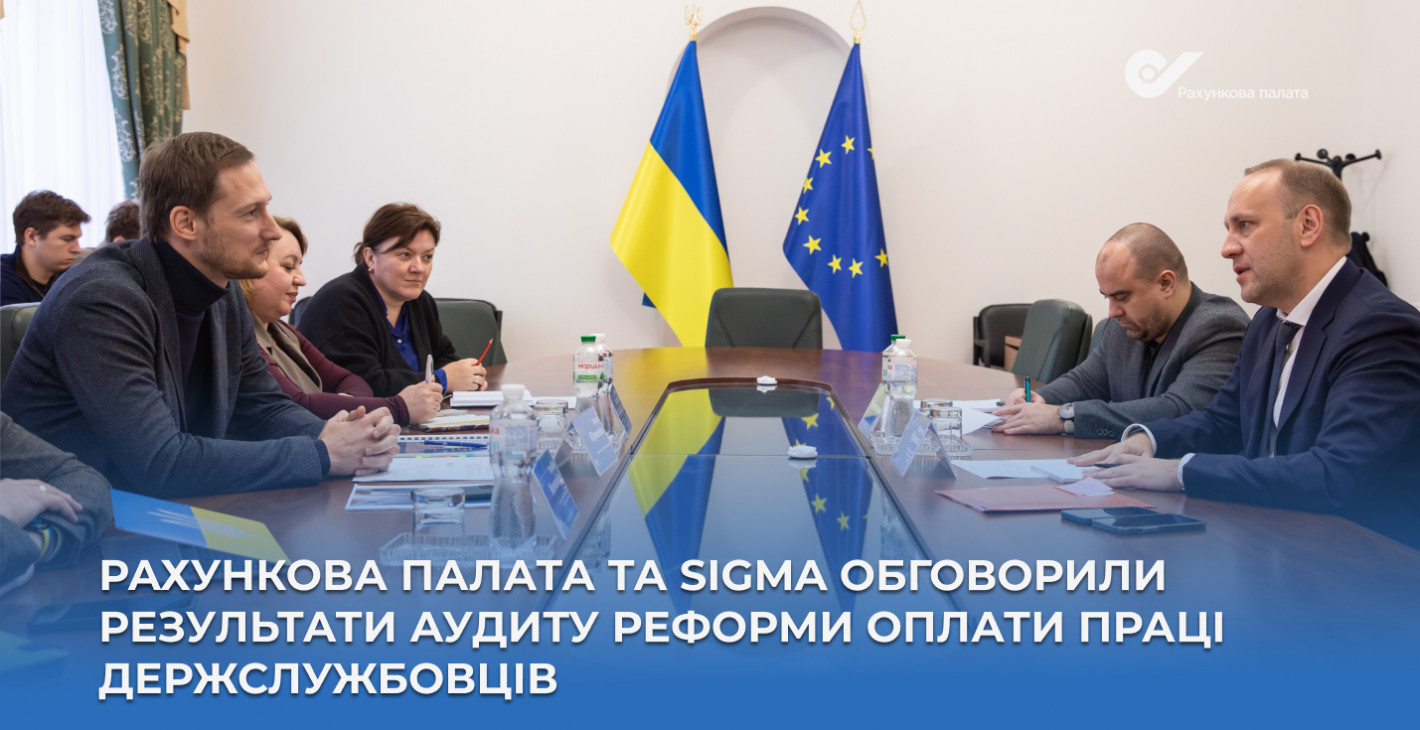In 2018 general economic losses caused by natural and man-caused disasters amounted to approximately USD 160 billion. Because of these disasters more than 11 thousand people died. That’s why today the issue of natural and man-caused safety is relevant for every country and requires more and more attention from the state bodies.This has been stated by Valeriy Patskan, the Chairman of the Accounting Chamber during the V meeting of the EUROSAI Working Group on the Audit of Funds Allocated to Disasters and Catastrophes which is been holding in Tirana (Albania).
"That’s why today the issue of natural and man-caused safety is relevant for every country and requires more and more attention from the state bodies. The mission of the EUROSAI Working Group is to increase the efficiency of both the state policy development and the use of budget funds in this sphere. This is our contribution to the achievement of the Sustainable Development Goals and to the assurance of the ecological safety for future generations." – Valeriy Patskan has mentioned.
He noted that according to the UN, in 2018, more than 11 thousand people died and 60 million people were injured because of natural hazards worldwide. "If you estimate damage from disasters, then, in particular, according to the German company Munich Re, 2018 is one of the ten most loss-making years by disasters in terms of general losses, and the fourth most loss-making year since 1980 for the insurance industry. Because of the cataclysms more than 11 thousand people died. And general economic losses amounted to approximately USD 160 billion", – the Chairman of the Accounting Chamber has mentioned.
He has added that Europe has suffered too. "In particular, the severe drought in the regions of Europe in 2018 led to significant losses in agriculture and forestry – over EURO 3.3 billion. But, the worst thing is that last summer drought led to large-scale fires, in particular in Greece, thousands of people had become victims, and over 100 people died. The country's economy suffered significant losses. I think these figures speak for themselves", – Valeriy Patskan has added.
The population and the economies of the states suffer not only from cataclysms and natural hazards, but also from man-caused disasters noted the Chairman of the Accounting Chamber, and this issue is also in the activity of the EUROSAI Working Group.
"At present, one of the European community’s challenges is the issue of good waste management. Therefore, we have paid attention to the problem in hazardous waste", – Valeriy Patskan has emphasized.
He recalled that within the framework of the Working Group, the SAI of the Republic of Poland, the Slovak Republic and Ukraine have begun a trilateral international audit on "Cross-border Transport of Waste of Compliance with the Provisions of the Basel Convention". "At the same time, all the countries, which are present today at our meeting, are signatories of the Basel Convention and are also faced with problems of the transfer of hazardous waste. Therefore, we are asking all members of our Working Group to join the multilateral international coordinated audit of compliance with the requirements of the Basel Convention, which will be carried out after 2020 ", – the Chairman of the Accounting Chamber has called upon all present.
Representatives of the SAI of Albania, Belarus, Bulgaria, Georgia, Kazakhstan, Moldova, Poland, Romania, Serbia, Slovakia, Turkey and European Court of Auditors have participated in the meeting of EUROSAI Working Group.
Valeriy Patskan has also noted that the next VI meeting of the EUROSAI Working Group on the Audit of Funds Allocated to Disasters and Catastrophes will be held in Kyiv in spring of 2020 and has invited all those present to the capital of Ukraine.
For reference: EUROSAI Working Group on the Audit of Funds Allocated to Disasters and Catastrophes was established in 2014 by the decision of the IX Congress of EUROSAI. It consists of 19 Supreme Audit Institutions of Europe chaired by the Accounting Chamber of Ukraine. EUROSAI – the Organization of Supreme Audit Institutions in Europe, comprising 50 SAIs.







